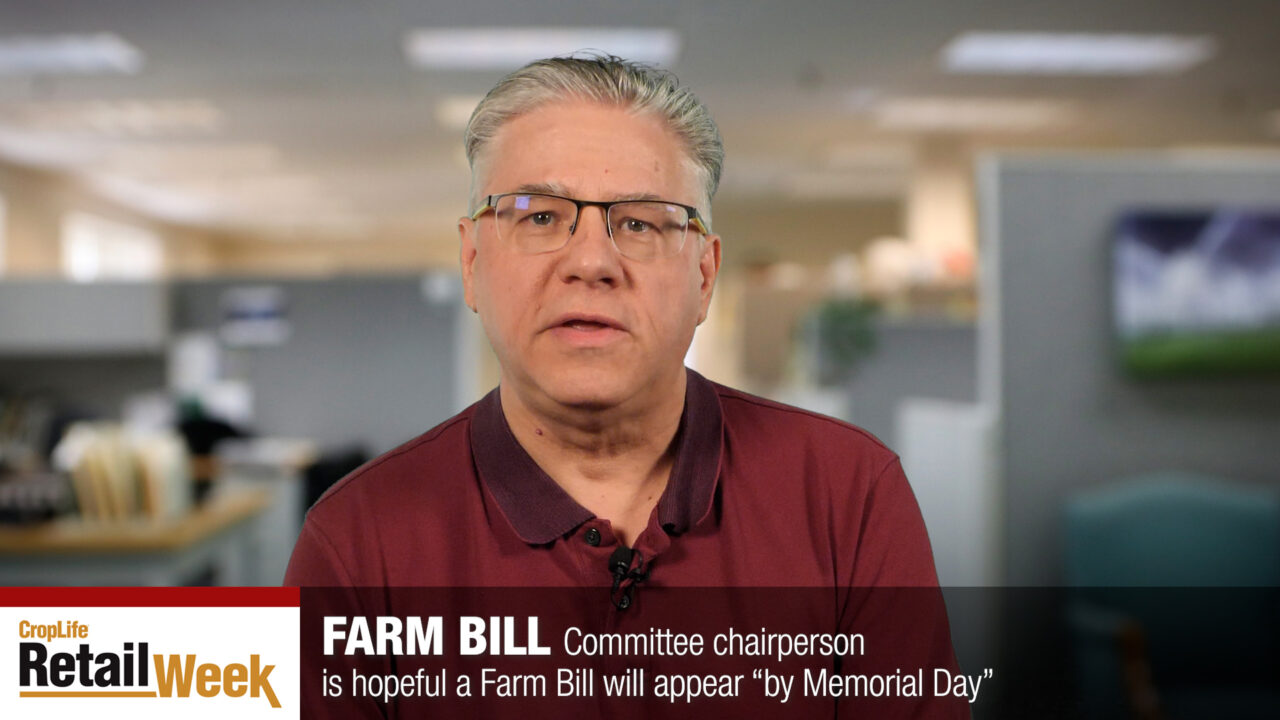Launching New Seed Traits: Wait on China . . . Or Else!
In life, no one likes the waiting game. In agriculture, however, playing the waiting game is very important – especially when it comes to China.
Last week, I had the chance to attend a Field Day in Fowler, IN, held by Dow AgroSciences. One of the big news items to come out of this event was the announcement that after years of waiting, the company had finally received approval for the import of Enlist corn from one of the world’s largest agricultural markets, China.
“With the China approval now obtained, we are looking forward to launching Enlist corn for all U.S. growers who want it to plant it come the 2018 growing season,” said John Chase, U.S. Commercial Leader, Enlist Weed Control System.
For many of us in the ag media who have been following Enlist corn’s development for the past several years, this was welcome news indeed. And for those who might have wondered why Dow AgroSciences spent years waiting on China’s approval before launching Enlist corn, consider the other big ag story regarding traits from last week.
On June 23, a jury in Kansas sided with the state’s corn growers in their class-action lawsuit against Syngenta and its AgriSure Viptera corn. This type of corn was introduced into the U.S. market back in 2013 – before China had approved it – and was subsequently found in some corn shipments to the country. China then stopped accepting corn shipments from growers in several states, including Kansas, resulting in an estimated loss of $5 billion, according to the lawsuit.
After deliberating for half a day, the jury found in favor of 7,000 Kansas corn growers represented in the lawsuit and awarded them $217.7 million in damages. Seven more class-action lawsuits on behalf of corn growers in other states are still pending.
“We are disappointed with today’s verdict because it will only serve to deny American farmers access to future technologies even when they are fully approved in the U.S.,” said Syngenta in a released statement. “The case is without merit and we will move forward with an appeal and continue to defend the rights of American farmers to access safe and effective U.S.-approved technologies.”
In the meantime, the Chinese waiting game will probably take on even greater significance as agriculture moves forward with other new traits and technologies.






